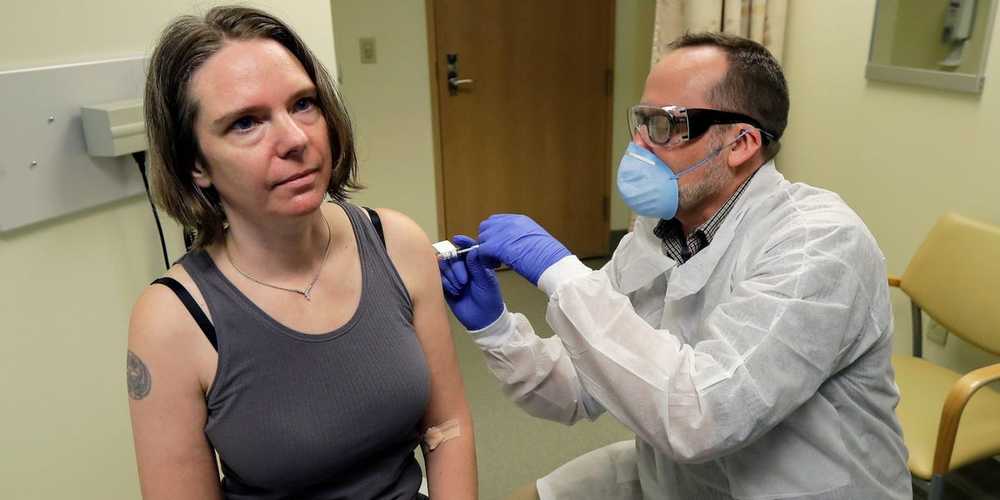After biomedical scientists demonstrated that they could make dangerous viruses like influenza even more dangerous, the National Institutes of Health (NIH) implemented a three-year moratorium on funding such research. But a couple of months ago, in December, the moratorium was lifted, and a tight set of rules were put in its place, such as a mandate for oversight panels.
The prospect of engineering a deadly pandemic virus in a laboratory suggests that only a fool would wish away government regulation entirely.
However, as a whole, regulation has done more harm than good in the arena of scientific innovation. The reason is that the sort of person who thinks like a bureaucratic regulator isn’t the sort of person who thinks like a scientist. The sad fact of the matter is that those most interested in the regulatory process tend to be motivated by politics and ideology rather than scientific inquiry and technological progress.








